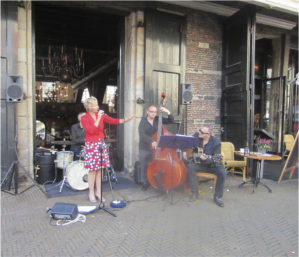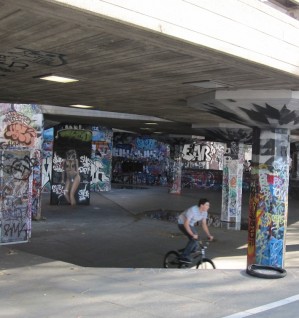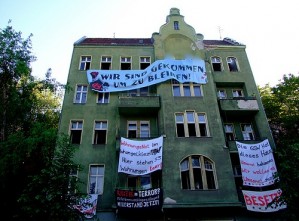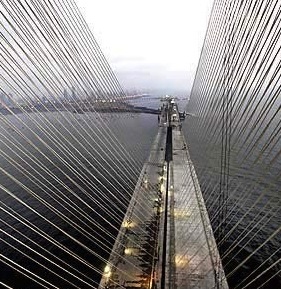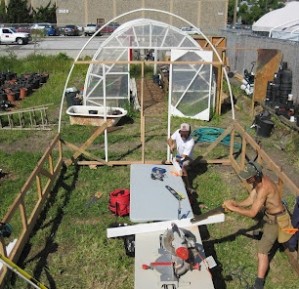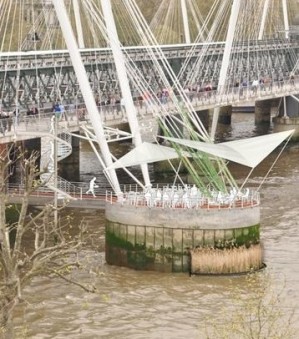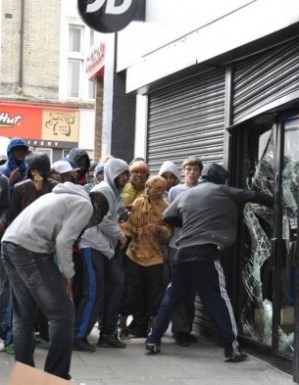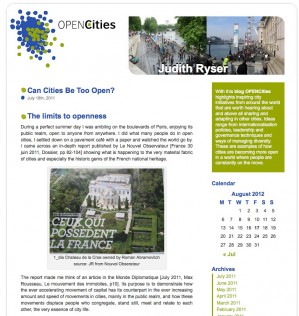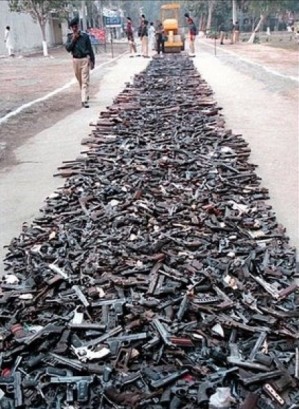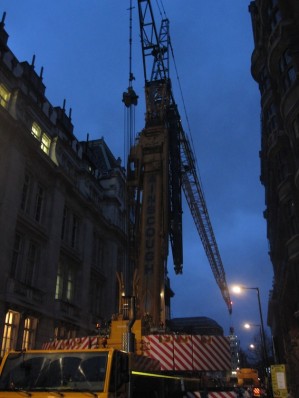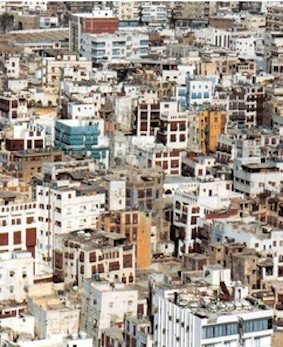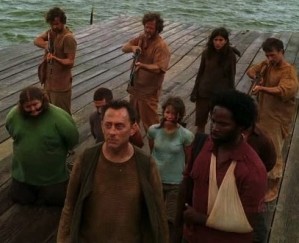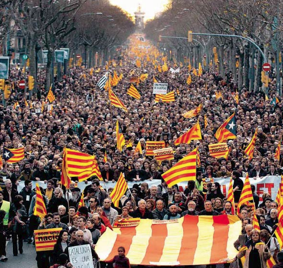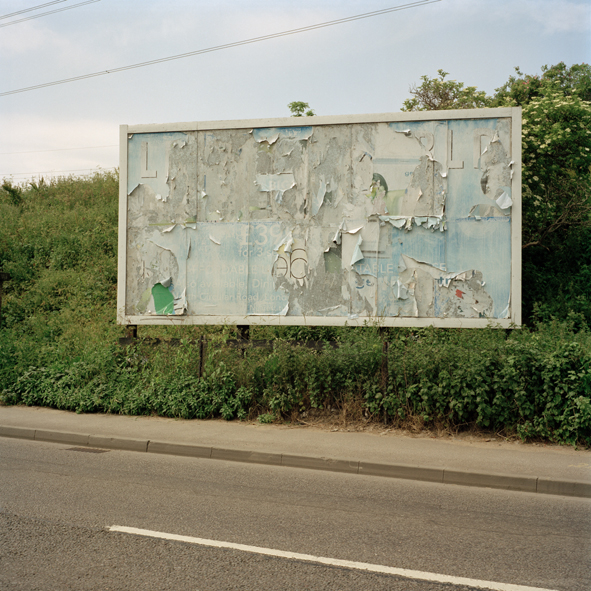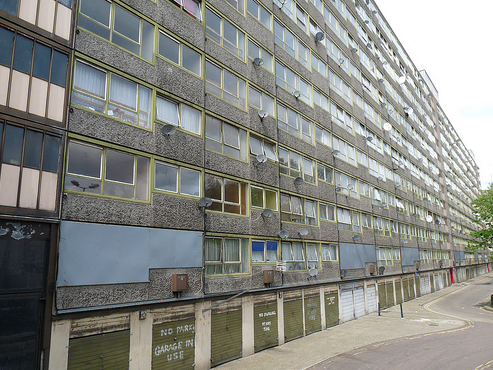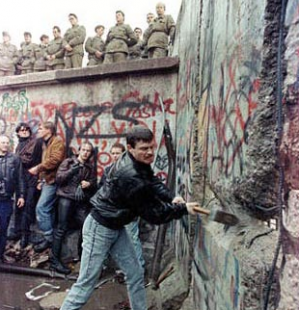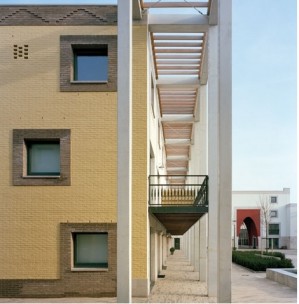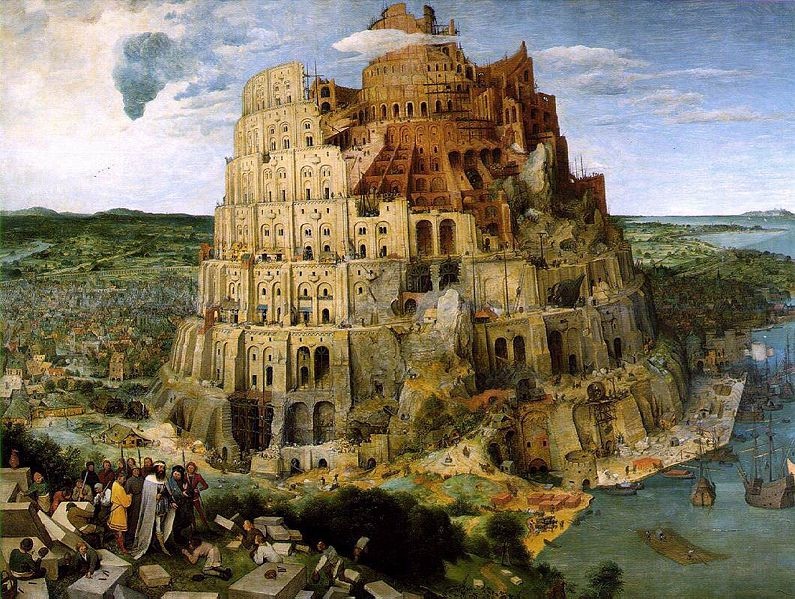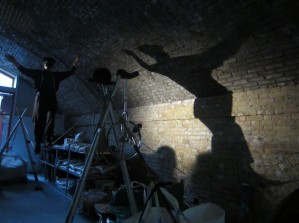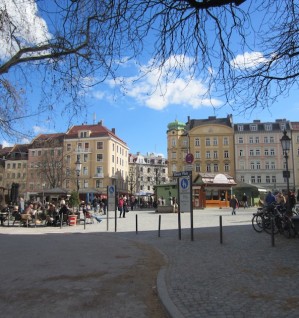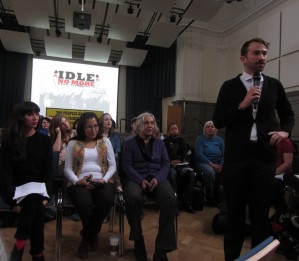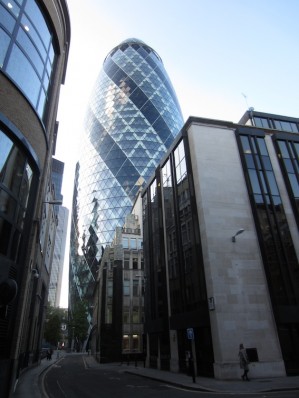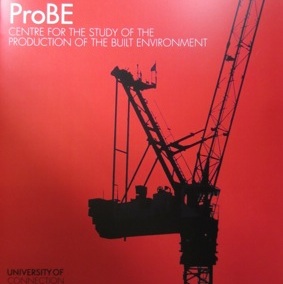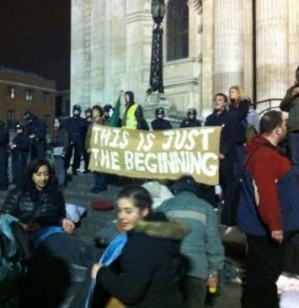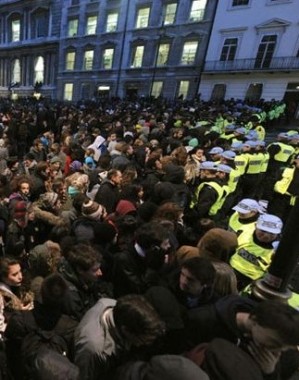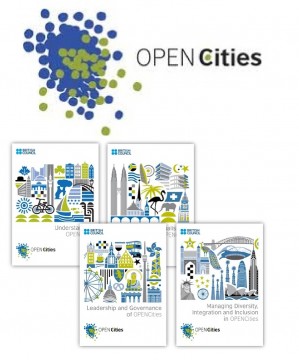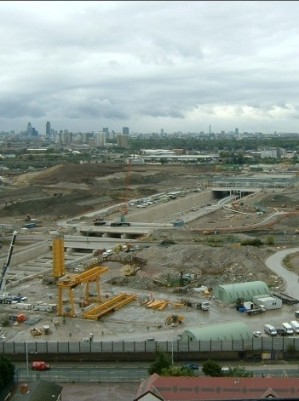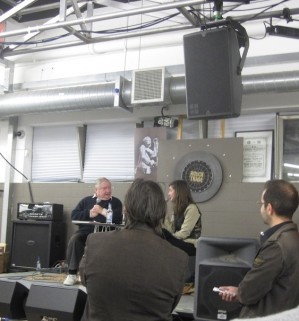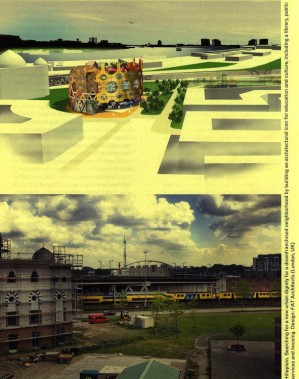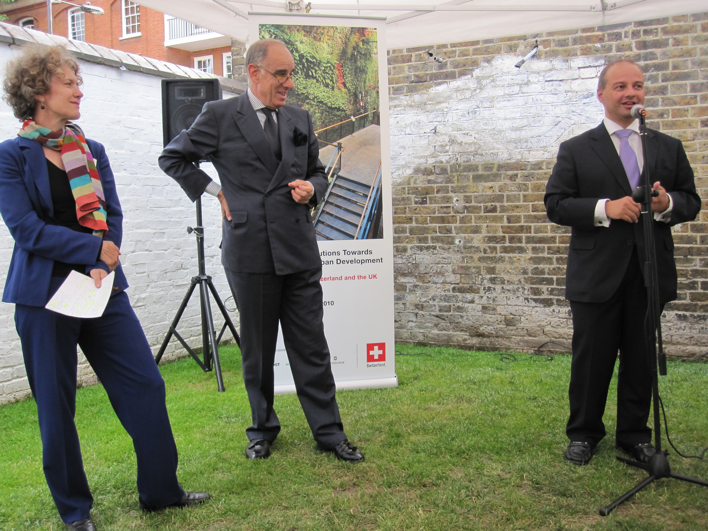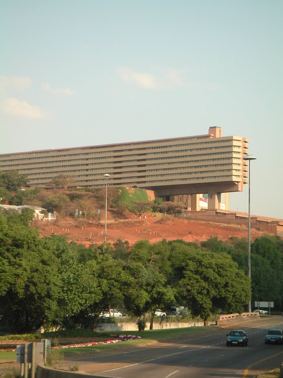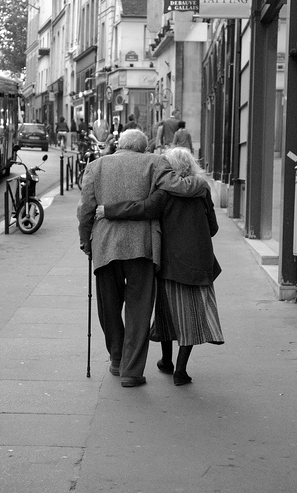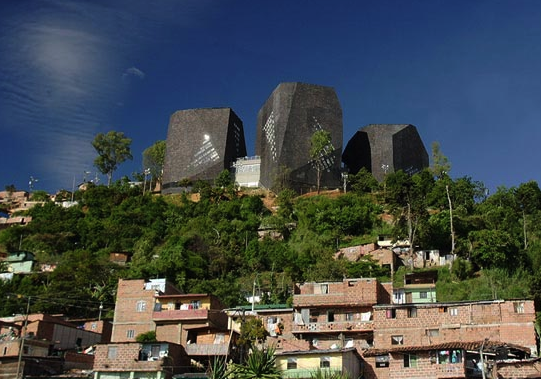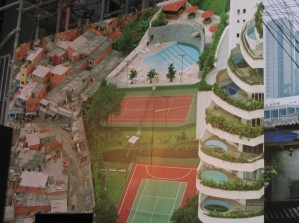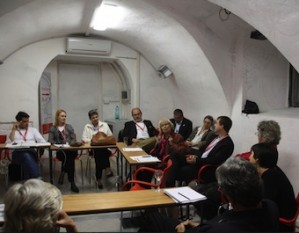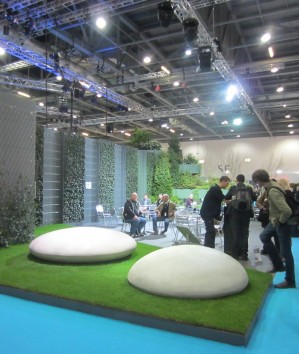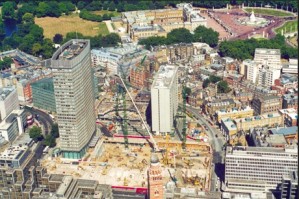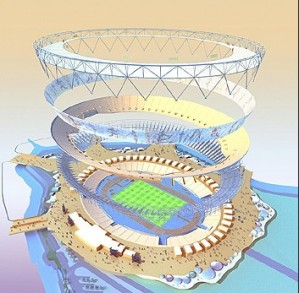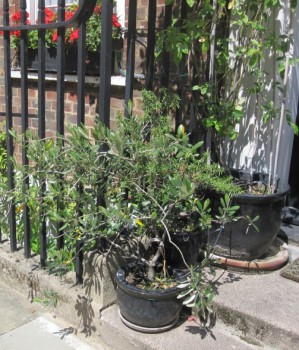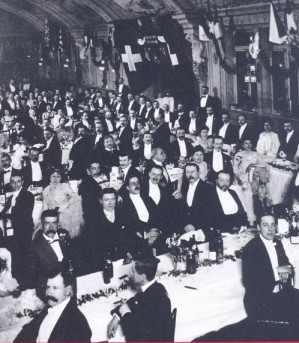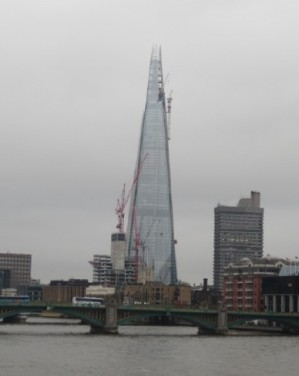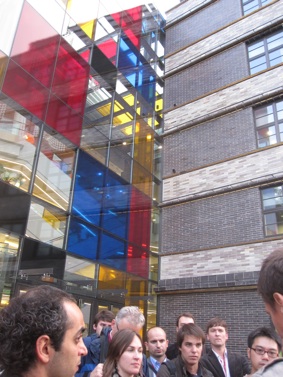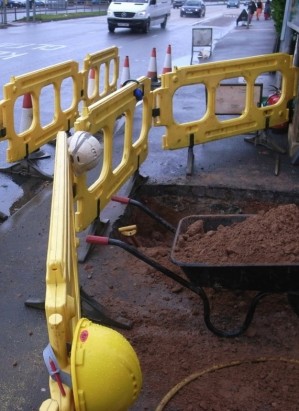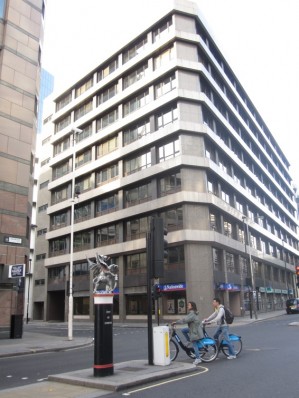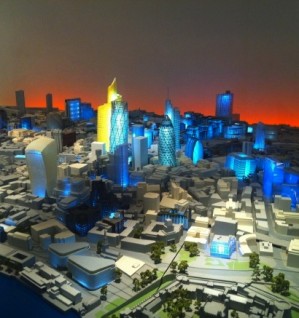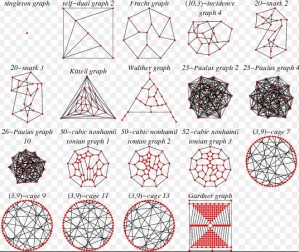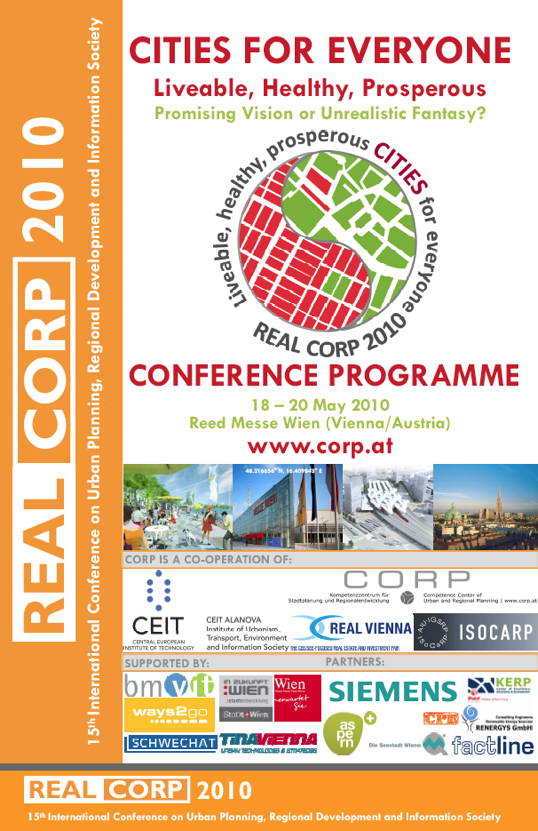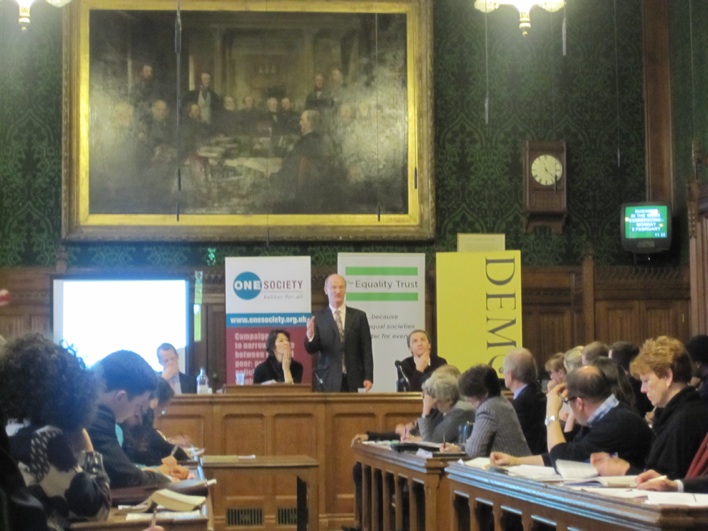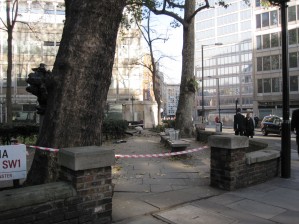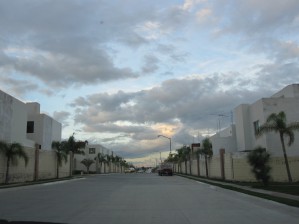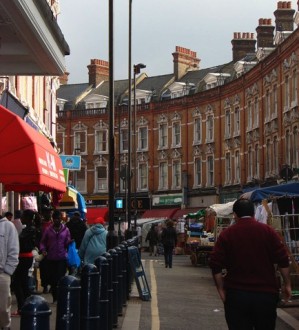-
OC61 Cities Save the World
‘Cities Save the World’ was the title of the 50th anniversary congress of the International Society of City and Regional Planners (ISOCARP) which took place in 2015 at a plenary in Rotterdam preceded by parallel workshops in 12 cities in the Netherlands, Belgium and Germany: Amsterdam, Antwerp, Brussels, Delft and the Hague, Deventer, Dortmund, Eindhoven, […]
-
OC 58: Remaking Cities
About Café-Diplo Café Diplo is a sister discussion group of “Les Amis Le Monde Diplomatique” which supports writings and tradition evolved around Le Monde Diplomatic newspaper of which there exists an English edition. The debates are arranged around the Café-Diplo’s global anti neo-conservative liberal tradition which covers a wide range of issues. http://mondediplofriends.org.uk/index.htm The future […]
-
OC 55: “Legalities of Space”: from squatting to tolerated occupation
Right to land Controversies over ‘legalities of space’ affect a wide variety of peoples. ‘IdleNoMore’ supports the struggle of first nations for what they believe to be their immutable right to their land and their way of life (see the previous post OC 54). Such controversies take many different forms in diverse circumstances. On […]
-
OC 52: London World City: Sustainable Growth?
Open to the world or open to all its citizens? Despite double dip recession, or perhaps because of it, the development industry is lobbying hard to obtain government assistance – read tax payers’ money – to continue expanding macro-infrastructure, however much contested by many ordinary citizens. Conventional wisdom points out that London is living on […]
-
OC 49: Openness through Cooperation
Openness: a construct of social relations Openness of cities can be understood literally as spaces and places open to all. At a theoretical level, urban thinkers are construing openness of cities as the outcome of social relations which, in turn, are influenced by the dynamic of urban change. These notions were conceptualised around May ’68, […]
-
OC 46: Are Cities Open for Age?
Fear of Age A major scare story reinforced by the lack of recovery from the banking disaster is built around the fact that societies in the developed world are aging. The England and Wales 2011 census data just published confirms that people are living longer and they start to make more babies. Migration is the […]
-
OC 43: Forgotten Spaces
Transformed Somerset House In 1997 the Somerset House Trust has taken over the 18th century Somerset House building designed by Sir William Chambers to conserve and develop it. http://www.somersethouse.org.uk/ Somerset House has become one of London’s most vibrant cultural spaces. In its function of creative hub it hosts the Courtauld Gallery and a wide range […]
-
OC 40: Anatomy of Riots – Snapshots
Causes and remedies Riots in Britain, demonstrations to end oppression in the Middle East, sit-ins against the excesses of capitalism worldwide have stirred up the establishment, from the political classes to the popular science writers. They all grapple for explanations and corrective interventions. Yet, the jury is out on the evidence base. When young, media […]
-
OC 37: Open Cities Blog – Follow-up From British Council Open Cities Blog
British Council URBACT Open Cities project Up to now, all the posts on my Open Cities blog constituted inputs to the blog I was invited to write for the British Council for its Open Cities project website. This project, funded by URBACT II has been completed in May 2011. I have reviewed some of the […]
-
Open Cities 34 Openness and Identity – the broad view
Cities undergoing violence before transformation It is impossible to ignore that the current events in the Arab world are played out in cities. Cities are the stage of continuous change, of gain and loss and stalemate. Struggles take place openly throughout the city on open and redrawn frontlines. Who is fighting and for what purpose? […]
-
Open Cities 31 Maintaining Cities Open
A lot has been written about cities and their ties with people. Lineu Castello’s ‘Rethinking the Meaning of Place’ (Ashgate 2010) is one of the most comprehensive literature reviews of how human beings interact with their built environment I have come across (more of that in a later post). He provides the big picture and […]
-
Open Cities 29 Too Much Openness?
How open is good open? The premise of Open Cities is that openness is offering a better quality of life, ideally to all those who live, work and play in the city. In the light of so many closures, so much existing spatial segregation in cities, this premise seems a worthy aspiration. The British Council […]
-
Open Cities 26 Who Is The Other?
When openness issues are unravelling themselves in other countries they can concentrate the mind about openness at ‘home’. A snap shot across media debates during a journey through Europe may illustrate this mirror function. Snapshots of ‘the other’ in Europe While in the UK, the political coalition is trying to reconcile a perceived immigration surplus […]
-
Open Cities 23 Public Realm – Civic Behaviour
A lot has been written about how to design the public realm to contribute to city openness with more or less environmental determinism in mind. CABE’s work belongs to this knowledge base. It ranges from the very physical “Adapting Public Places to Climate Change” to “Open Spaces Strategies” with focus on green spaces for deprived […]
-
Open Cities 20 Redressing Asymmetry
The reason why ‘Open Cities’ is an object of debate is that many urban dwellers are questioning its reality. One way of reaching a judgement is to objectivise ‘openness’ of cities. Another is resistance to asymmetry of uninhibited access to the city. The former is pursued by the British Council which is supporting the development […]
-
Open Cities 17 Mixed Communities – Openness or Myth?
Mixed communities could be construed as an indicator of an open city. This presumes a definition of mixed communities. The Future of London’s Social Housing was discussed at a seminar held at the London School of Economics on 19 February 2010. This offers an opportunity to explore the contribution of social housing to mixed communities […]
-
Open Cities14 Minaret Controversy
Changing city skylines The people have decided: no more minarets in Swiss cityscapes. The question is how and why. The controversy over minarets has to be put into the context of who is shaping city skylines, with what artifacts, for what purpose, with whose legitimacy. Ever since cities have been built they express the power […]
-
Open Cities 11 Open-Closed-Divided-Stitched Up
All the posts under ‘Open Cities’ have been written for the British Council Open Cities project and published on its website. http://opencities.britishcouncil.org/web/index.php?home_en The reason why they are reproduced on the Urban Thinker website is that there is not enough space for all the illustrations which go with the posts on the British Council Open Cities […]
-
Open Cities 8 Opening Across
Open Cities 8 Opening Across Open cities means more than harmony or cohabitation between ethnic minorities and native majorities. If the public realm provides a conducive physical setting for encounters they can take myriads of forms and reasons. Common ground can bring people together in the public realm across diverse groups, different cultures, ages, lifestyles, […]
-
Open Cities 5 About intercultural coexistence
Open Cities 5 About intercultural coexistence OpenCities Spot Check Among the OpenCities partners Dublin is holding a festival of world cultures and Bukarest is providing more equal opportunities for its Roma population. Madrid has celebrated World Day for Cultural Diversity and Dialogue and Development, supports its multicultural character and is fostering its social and intercultural […]
-
Open Cities 2 Built Environment Perspective
Relentless growth of cities More than half the world’s population is living in cities at present. This is expected to increase to three quarters before this century comes to a close. In this process cities are attracting people from all walks of life. How migration affects cities and their existing population is of prime importance, […]
-
OC 60: Creative Spaces for Creation
Footholder value creation A space under East London railway arches has become a hands-on workspace of an international avant-garde landscape architecture practice. http://www.vogt-la.com/en Ten minutes walk from the main office situated in the sphere of influence of London’s silicon roundabout this space is designed to experiment with the transformation of urban landscapes into spaces fit […]
-
OC 57: Munich observed afresh
Imperial traces No matter how long ago and for how long a city has been a seat of domination, no matter how often its power has waxed and waned, a presence of its historic glory remains unmistaken. Munich is one such historic seat of power, wealth and might. The biased eyes of an urbanist will […]
-
OC 54: How Temporary is Temporary?
Pace of change In our turbulent times, nothing seems predictable, nothing stable. So why should this state of uncertainty not permeate all aspects of everyday life? Here the focus is on how and where to live, among whom, for what purpose, and with what rights. Legalities of space What are the “legalities of space” was […]
-
OC 51: Localism Explained
Bottom up aspirations Demand for local control over local affairs is not new, so the recent Localism Act (2011) should be welcome by those who care for their neighbourhoods. Land and its use is one of the key areas which matters to local people who live, work and play there. It may surprise that a […]
-
OC 48: About the ‘City Makers’
This is about the unsung ‘makers of the city’: the builders who are erecting the visions of designers for lucrative earnings of investors and developers; those who are producing more or less open spaces for eventual users. ProBE The Centre for the Study of the Production of the Built Environment (ProBE) has been set up […]
-
OC 45: Open City Fatigue?
Exhaustion Does it still make sense to reflect on open cities? Is it worthwhile discussing actions of others who contribute to open up cities in the public domain, trying to contribute individually towards more open cities? Or has the time come to succumb to the forces which fragment cities, privatise the public realm, colonise the […]
-
OC 42: Open City – Open Mind
At a crossroads For reasons unexplained, I have always marked the arbitrary change in time, the passage from one western calendar year to the next, with a message to my trans-spatial diaspora of family, friends and colleagues. This lone drawing of the year is supposed to express the passage of time in a landscape of […]
-
OC 39: Openness and the Fear Industry
Now that the tears over 9/11+10 are drying up, what happens to the ‘fear industry’? Fired by the war on terror it is doing really well. The surveillance and anti-terror industry has mushroomed and is well under way of becoming too big to fail. In the name of war on terror, states have restricted civil […]
-
Open Cities 36 Open Economic Recovery?
Open Cities: Milestone On 25 May 2011, URBACT, the British Council, the Open Cities Network and the Open Cities project partner cities congregated at the premises of the European Economic and Social Committee and the Committee of the Regions in Brussels, Belgium, at the conference on Open Cities and Economic Recovery, the closing event of […]
-
Open Cities 33 Gentrification and Openness
Cities are changing all the time but who is benefiting from such change and how does it relate to city openness? Regeneration is a widespread means to transforming specific parts of cities where places tend to lose value. For our purpose the question is whether this process is making cities more open or more closed. […]
-
Open Cities Afterthought about Baby Oil and Ice
A note in Private Eye no 1281 (4-17 February 2011, p13) leads to this follow up of the Open Cities post 28. Hackney Council in London’s East End voted a nil policy on sex establishments which will get rid of the four existing strip clubs, although 76% of people in the area opposed such a […]
-
Open Cities 28 Limits to Openness
Does Urban change mean displacement? Cities are constantly changing and this is understood as a sign of their dynamic, their ability to generate wealth and wellbeing. Arguably, open cities are those where the highest benefits of change are reaching the largest amount of people, throughout social class, economic status, gender, ethnicity or faith. Urban regeneration […]
-
Open Cities 25 “IABR Open City”
“Open City” seems to have entered public consciousness as this name tag has been adopted for many diverse purposes. One example is the UK opencity website which invites everyone to chat about their city, initiate exchanges, participate in discussion forums, look for jobs, accommodation as well as any other goods, communicate among students or obtain […]
-
Open Cities 22 Sustainability and Openness
Like other leaders of cultural institutions – Elmar Brandt when he led the Goethe-Institute in London in the early eighties, or Mike Hardy, leader of the intercultural dialogue programme of the British Council at present, the Swiss Ambassador to London, Alexis Lautenberg, is fascinated by cities. He established a Swiss – UK Dialogue on urban […]
-
Open Cities 19 Gating Openness
Gated communities are the antinomy of openness. The collection of articles in ‘Gated Communities, Social Sustainability in Contemporary and Historical Gated Developments’, edited by Samer Bagaeen and Ola Uduku (Earthscan 2010) has the merit to cover all continents and to be written by authors who, on the whole come from the places they write about. […]
-
Open Cities 16 Openness and Age
‘Open Cities’ evoke many implicit assumptions. The tend to imply some idea of ‘goodness’. In the most general terms open cities are assumed to be sustainable, to provide a harmonious setting for physical, social, environmental and to some extent economic wellbeing to prosper, also for future generations. In physical terms open cities imply access to […]
-
Open Cities 13 Winter Break Reading
Fiction vs Reality Sometimes fiction may reveal more than statistics. In a footloose world, bookstalls in airports and railway stations prepare travellers for their journey. On display are travelogues on cities they intend to visit, reassuringly from the perspective of their point of departure. For those with an appetite for greater displacement there are authors […]
-
Open Cities 10 Opening up Medellin
Open Cities 10 Opening up Medellin What has transformed the crime capital of the world into a place of hope and expectation? Until recently, Medellin, the second city of Colombia in Latin America was the antithesis of an open city. No go areas and gun homocides were the highest in the world. Curbing crime It […]
-
Open Cities 7 Less Visible Minorities
Open Cities 7 Less Visible Minorities The initial objectives of the Open Cities network was threefold. It aimed at a workable definition of ‘openness’ for cities, based on economic, regulatory, cultural, amenity, connectivity, accessibility, risk, internationalisation and leadership factors to examine how cities can shape their policies to attract and retain international populations, the assumption […]
-
Open Cities 4 Openness and Closure
Open Cities 4 Openness and Closure Welcome to open cities Bright sunshine, holiday time. Many of us plan to take off somewhere to the beach, the mountains, the countryside. Yet, many city dwellers choose to visit other cities. They enjoy to displace themselves for a short while, physically and mentally, to experience another place, immerse […]
-
Open Cities 1 Setting the Scene
Open Cities 1 Setting the Scene Why open cities? The aim of the Open Cities project initiated by the British Council in Madrid is to create and sustain open cities.http://opencities.britishcouncil.org/web/index.php?home_enIn 2008, the first Open Cities conference held by the British Council in Madrid identified the characteristics of open cities. Subsequently the eight participant cities bid […]
-
OC 59: “Planning Times”
this post is about the CORP conference 2013. It took place in Rome, in alternance with conferences in Vienna and its surroundings from CORP had been initiated in the 1990s. About CORP CORP (Competence Center of Urban and Regional Planning http://www.corp.at/index.php?id=18) has both staying power and innovative drive. Started at the Technical University of Vienna […]
-
OC 56: Greening the City Globally?
Ecobuild, a trade fair in London promoting “sustainable building” has been going from strength to strength for nine years, despite the financial crisis and various changes of hands. In 2011, UBM acquired International Business Events who owned ecobuild and planned to make ecobuild global, starting with an exhibition in Shanghai alongside its show expobuild and […]
-
OC 53: Stag Place Revisited
Urban transformation: for better or for worse: – then? In the early nineteen seventies, I asked my post graduate students to explore two areas of central London of equal size, and observe their fabrics and how they were used to identify what interventions they could propose as aspiring urbanists to improve them. One area was […]
-
OC 50: East London Transformations
After the games Now that the London Olympic Games have closed their doors and a fence has been re-erected around the whole site it may be a good time to reflect on what urban transformations lie in stall for the East End. The third European Urban Summer School (EUSS), initiated by the Association of European […]
-
OC 47: City Open to Olympics
The Games have arrived It is not possible to live in London and ignore the Olympic Games 2012. Even less not to have an opinion about them and what they do to London as a place to live, work and play. As usual, officialdom claims that it is either too early or too late and […]
-
OC 44: The Street: Bastion of Open Cities?
What is an open city? How does it manifest itself? When people walk through the city they experience it through its ground floor: the street, the pavement, the green, but also how buildings relate to these spaces. Within a stone throw, a city can send many contradictory messages to passers by from its ground floor. […]
-
OC 41: Place and Identity
The bells are back 27 of them; on The reinstated Glockenspiel in Swiss Court, central London. Crowned by an astronomical clock, repaired and electronically enhanced they accompany the movements of cows and their keepers to the amusement of bystanders. The Glockenspiel was first installed as a symbol of friendship between the Swiss colony in central […]
-
OC 38: Can Cities Be Too Open?
The limits to openness During a perfect summer day I was ambling on the boulevards of Paris, enjoying its public realm, open to anyone from anywhere. I did what many people do in open cities, I settled down on a pavement café with a paper and watched the world go by. I came across an […]
-
Open Cities 35 Open Cities – Open Minds
Diversity: driver of openness Have a look at the EU map. It is almost entirely ‘blue’ and the remainders, e.g. Spain and Portugal, are bound to follow in that direction after elections. This has never happened before even when the EU was a small community with only a handful of member states. The emergence of […]
-
Open Cities 32 About Barriers and Openness
It is timely to think about barriers when so many human beings are risking their lives to tear them down. Is it a primal urge of mankind to be unbound, free to move and think, free to assemble and undertake common pursuits? And is the urge for freedom, for openness so strong that people are […]
-
Open Cities 30 Steely Closure
Culture of fear Is it not ironic that a city which broadcasts its openness worldwide is the first to surround itself with a ring of steel? Already one of the most ‘surveilled’ city in the world, the City of London is adding ring after ring of enclosures, thereby turning into a pioneer 21st century fortress. […]
-
Open Cities 27 Openness: The Big Picture
Openness and tolerance What one tends to understand intuitively by ‘Open City’ is tolerating one’s neighbours from hell and their outlandish lifestyles, mobilising equal opportunities at work, improving equality in schools, or sharing the public realm with a pluri-icultural society in a deprived inner urban area. Yet openness is not just about what individuals can […]
-
Open Cities 24 Identity as closure?
What is stirring the minds and hearts in Switzerland is fascinating. The centre of attention is an initiative by a politician, Christoph Blocher, a rich industrialist who is making his money with factories staffed by foreign female labour. He is head of the ultra right wing party, the Swiss People Party (SVP/UDC), which is relentlessly […]
-
Open Cities 21 Cities for Everyone
The premise here is that ‘cities for everyone’ are by definition ‘open cities’. Was this corroborated by the CORP conference 2010 in Vienna last May which asked whether liveable, healthy and prosperous cities were a promising vision or an unrealistic fantasy? CORP Knowledge Creation and Sharing CORP, the Competence Centre of Urban and Regional Planning […]
-
Open Cities 18 Openness and Empowerment
Revisiting ‘Empowerment’ Empowerment, now there is a buzz word congenial with politicians. It implies giving power to the powerless, to the disenfranchised, to the silent majority. How can that be achieved and do these targeted groups want it? Do they want the type of power on offer? Often it turns out to be responsibility within […]
-
Open Cities 15 Equality and Openness
Top of the pops Like wasps around a jam pot, the main political parties are cramming around equality. They all love it, have it, do it. Why then has the UK one of the widest equality gaps, together with the USA, Australia and Portugal? Conversely to Scandinavian countries and Japan. With the election approaching they […]
-
Open Cities12 Power and Enclosure
Enclosures Fences, barriers, railings, walls, hedges, barricades, enclosures with their gates are all expressions of exclusion. They manifest the power of those who are in a position to exclude. Why should they put up barriers? What do these obstacles do for them, and against whom? Protection is invoked. Those behind enclosures are protecting themselves but […]
-
Open Cities 9 Openness Latin American Style
Open Cities 9 Openness Latin American Style ‘A City of One’s Own’ (blurring the boundaries between private and public. 2009. Sophie Body-Gendrot, Jacques Carre, Romain Garbaye, editors. Ashgate) is a fascinating collection of historical papers, defying the idea that all our ills are of our time. It addresses the notion of openness from various points […]
-
Open Cities 6 About Ants
Open Cities 6 About Ants Have no fear, this is not a digression into literal anthropomorphism. We all know its pitfalls. Nevertheless, if analogies are examined at the more abstract level of eco-systems of cohabitation, recent discussions on ant behaviour and how their parasitic but mutually beneficial relations with other species depend on milieu may […]
-
Open Cities 3 The Case of London
Open Cities 3 The Case of London Openness or diversity? London is by far the largest city of the European Union and arguably the most diverse in terms of its population, economy and cultural characteristics. How does London fare with openness though? A diverse city does not necessarily mean an open city The Open Cities […]
-
Open Cities, British Council: Introduction
Comments on the concept of Open Cities with practical examples

